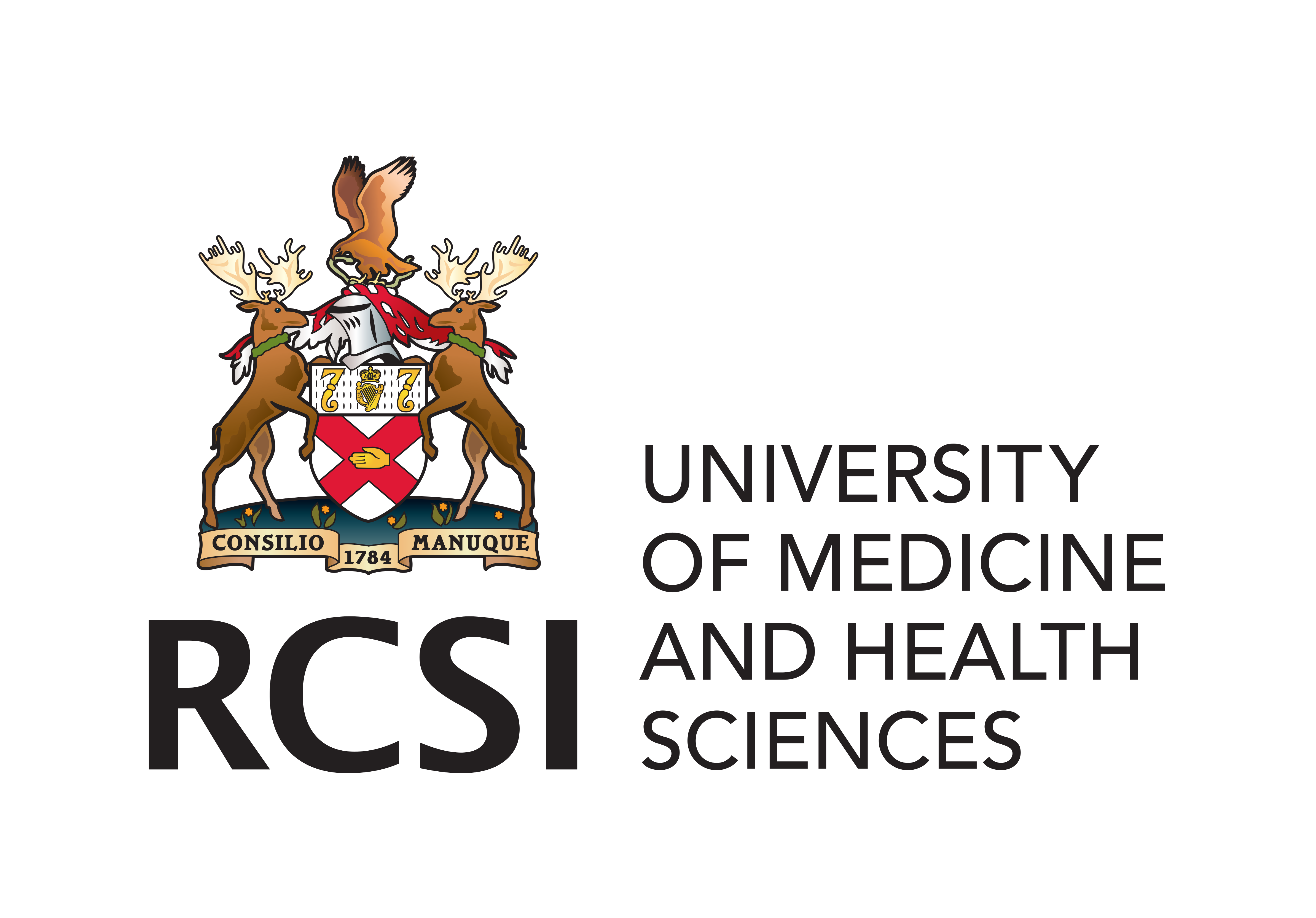Project Area: Health policy and systems research
Project Summary
The increasing incidence of diabetes mellitus in Ireland and the associated demand for strained healthcare resources pose a substantial public health challenge. Individuals with diabetes are at a greater risk of developing severe health complications, including heart disease, kidney failure, blindness, and premature death. To prevent or delay this, providing affordable and effective care is essential. In the Irish health system, national provision of care often depends on evidence of the cost-effectiveness of this care. Unfortunately, estimating the long-term benefits and costs of diabetes interventions like medications, lifestyle changes, or screening programs is challenging. This is because such interventions can have effects over many years and may vary based on patient characteristics and behaviours.
This research project aims to create and evaluate a patient-level microsimulation model that has, for the first time, been appropriately developed using Irish populations. This model will simulate diabetes’s natural history in Ireland and quantify the long-term health and economic consequences of this disease. Risk equations that describe the impact of various factors on disease progression and outcomes will be developed using Irish clinical records, administrative databases, and surveys to predict outcomes for individuals with diabetes throughout their lifetime. The model will be internally validated statistically and externally by comparing predicted outcomes to observed endpoints in an independent, nationally representative Irish cohort.
To support national adoption, the model will be made open-source, allowing anyone to access and use it for free. A web application with an interactive graphical user interface will be developed to serve as a bridge between complex functionality and model accessibility. To demonstrate practical information for policymakers, healthcare leaders, researchers, and patients in Ireland, the health improvement and cost savings achieved by implementing various diabetes interventions will be evaluated using the model to assess their cost-effectiveness in Ireland. The performance of the developed model will be compared with existing models from other countries.
Developed at the intersection of healthcare and economic policy, this project will be relevant for researchers with a focus on improving population health outcomes, enhancing the equity and efficiency of health service delivery, and assessing the alignment of health systems and policy in Ireland with international best practices, determining areas of strength and opportunities for improvement. The provision of this evidence in a manner that is actionable when planning policies at a national level has the potential to save the eyes, limbs and lives of Irish people with diabetes.
Skills Required
(If applying for this project you will be asked to outline how you meet the skills required below)
Because diabetes may affect numerous interrelated organ systems, modelling this disease is technically challenging; this is compounded by complications appearing over extended periods with varying and time-dependent event rates. Using the parametric method, it will be necessary to obtain risk equations based on the proportional hazards assumption and evaluate the models produced by applying Harrell’s concordance index and the Brier Score to measure goodness of fit. The analysis of large-scale longitudinal data of a previously sampled nationally represented group (i.e., TILDA) will be necessary to compare the predicted versus the observed rates of outcomes. There may be limitations to accessing an existing external validation cohort. In that case, multiple simulated cohorts of reported patient data, which are, in sum, typical of the national diabetic picture, can be validated against multiple endpoints to assess the representativeness of the model for whole populations. Thus, significant skills in data analysis will be necessary.
As the model risk equations will be derived from clinical data, it would be desirable if the student had experience accessing such data previously, particularly through the hospital ethics process. Comprehension of the fundamental concepts of health economics and proficiency in conducting economic evaluation and decision analysis are also desirable.
Information on disease progression, complications, management and prevention, health services utilisation, costs, and diabetes-specific utility values have previously been published in Ireland. To inform some aspects of the model structure and parameters, reviewing and synthesising such literature will be necessary. Thus, it would be desirable if the student had demonstrated such skills previously.
A microsimulation model will be programmed in R to simulate the development, progression and complications of diabetes at an individual level in Ireland and estimate the cost-effectiveness of different disease management and prevention interventions, populated with locally relevant inputs on diabetes epidemiology, costs, utilities, and risk factors. Subsequently, a web application with an interactive graphical user interface will be developed in R Shiny to serve as a bridge between complex functionality and model accessibility, allowing end users to amend interventions, scenarios and populations studied without needing to access the underlying R code. Consequently, prior experience in a statistical software such as R, STATA, Python, SPSS, SAS, MATLAB, or Mathematica is essential.
This project will also have core components of leadership and knowledge translation. That is, in addition to producing novel quantitative processes to support the clinical and economic evaluation of therapies related to the long-term care of people with diabetes, the central aspect of this project is the development of a model that is ready for national application. Thus, while experience gathering, analysing and publishing data is essential, experience in a stakeholder environment and establishing and delivering a dissemination strategy for specialised knowledge is also relevant and desirable.
Supervisory team:
Dr Jonathan Briody, PI, Data Science Centre, School of Population Health, RCSI
Prof Edward Gregg, Primary Supervisor, Head of the School of Population Health, RCSI
Professor Kathleen Bennett, Head of the Data Science Centre, School of Population Health, RCSI
This project will be based in RCSI, University of Medicine and Health Sciences.


